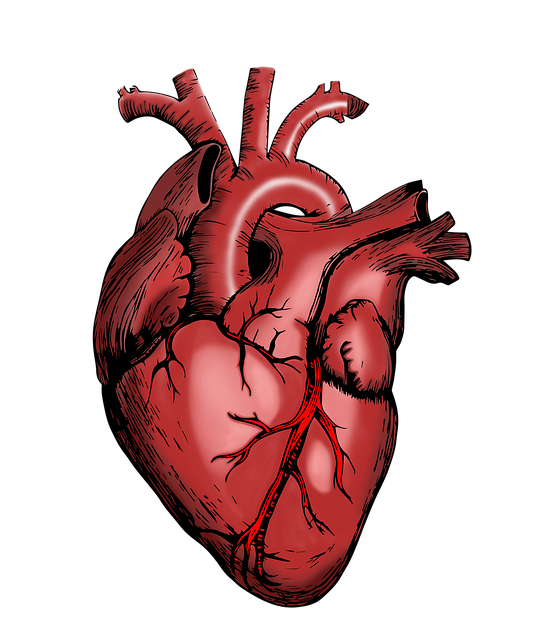Heart & Cardiovascular
Cardiomyopathy
By I.K. (staff writer) , published on October 31, 2020

Medicine Telehealth Health Heart & Cardiovascular Cardiomyopathy
Cardiomyopathy is a heart muscle condition that makes it difficult for the heart to pump blood to the rest of the body. Cardiomyopathy can lead to heart failure. The major forms of cardiomyopathy are dilated, hypertrophic and restrictive cardiomyopathy. Treatment — which can require drugs, surgical implants or, in certain cases, heart transplantation — depends on the sort of cardiomyopathy you have and how bad it is.
Symptoms
There may be no signs or symptoms in the initial stages of cardiomyopathy. However, as the disease develops, signs and symptoms usually arise, including:
- Breathlessness with exercise or even rest.
- Swelling of the legs, knees and legs
- Bloating of the belly due to the build-up of fluid
- Cough while lying down
- Fatigue
- Heartbeats that are fast, pounding or fluttering
- Chest pain or distress
- Dizziness, light-headedness and fainting
Signs and signs begin to get worse if they are not treated. In some individuals, the disease worsens quickly; in some, it may not worsen for a long time.
Causes
The cause of the cardiomyopathy is often unclear. However, in certain cases it is the consequence of some disorder (acquired) or passed on by a parent (inherited).
Leading factors for acquired cardiomyopathy include:
- Long term high blood pressure
- Heart tissue injury caused by a heart attack
- Chronic high heart rate
- Problems with the heart valve
- Metabolic conditions such as obesity, thyroid disease or diabetes
- Nutritional deficiency in essential vitamins or minerals such as thiamine (vitamin B-1)
- Complications in pregnancy
- Drinking so much alcohol for a period of years
- Usage of cocaine, amphetamine or anabolic steroids
- Usage of certain chemotherapy drugs and radiation to cure cancer
- Connective tissue disorders
- Infection with COVID-19
Types of cardiomyopathy
Dilated cardiomyopathy
In this form of cardiomyopathy, the pumping power of the main pumping chamber of your heart — the left ventricle — becomes swollen (dilated) and cannot efficiently pump blood out of your heart.
Hypertrophic cardiomyopathy
This type involves irregular thickening of your heart muscle, especially affecting the muscle of the main pumping chamber of your heart (left ventricle). The thickened muscle of the heart will make it difficult for the heart to pump properly.
Restrictive cardiomyopathy
In this type, the heart muscle becomes stiff and less elastic so that it cannot inflate and refill the blood between the heartbeats. This least prevalent form of cardiomyopathy can appear at any age, but it most frequently affects older people.
Prevention
You can't prevent cardiomyopathy in many cases. Let your doctor know if you have a history of the disease in your family. You can help reduce the risk of cardiomyopathy and other forms of heart disease by maintaining a healthier lifestyle and making lifestyle decisions such as:
- Avoiding the consumption of alcohol or cocaine
- Management of high blood pressure, high cholesterol and diabetes
- Eat a balanced diet
- Have a workout daily
- Get enough sleep
- Reduce tension
References
https://www.ncbi.nlm.nih.gov/pmc/articles/PMC2999879/
https://www.ncbi.nlm.nih.gov/pmc/articles/PMC7233648/
https://www.ncbi.nlm.nih.gov/pmc/articles/PMC4072838/
Find articles related to: Medicine Telehealth Health Heart & Cardiovascular Cardiomyopathy
More articles about Heart & Cardiovascular
Back to the Health Tips Index




